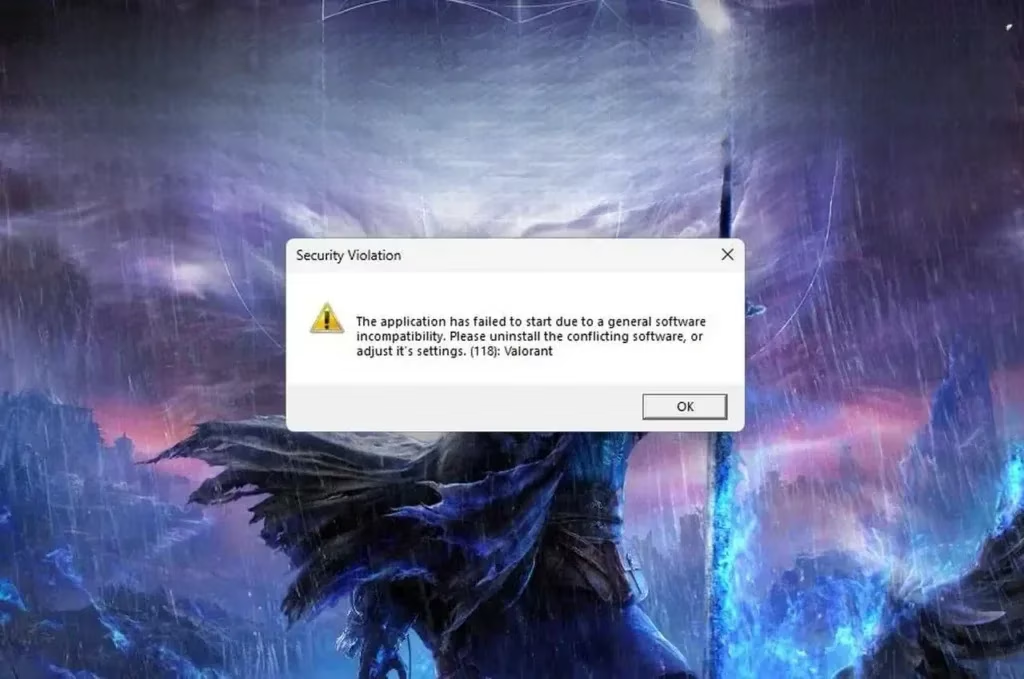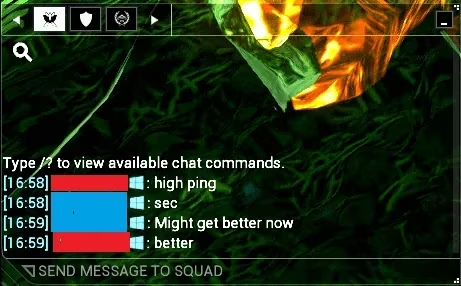Valorant vs Battlefield 6: The Ultimate Gaming Showdown
Explore the intense Valorant and Battlefield 6 anti-cheat conflict in 2025, highlighting system conflicts, gameplay contrasts, and player concerns with kernel-level security.
In the evolving landscape of competitive FPS gaming in 2025, two titans continue to battle for dominance - Valorant and Battlefield 6. As these games push technological boundaries, they've created an unexpected conflict that many gamers are experiencing firsthand. This clash isn't just about gameplay styles or player preferences; it extends deep into your PC's operating system.
Recent reports from the gaming community highlight a peculiar issue: Battlefield 6 and Valorant's anti-cheat systems are engaged in what can only be described as a digital turf war. The kernel-level protections implemented by both games are creating unique challenges for players who enjoy both titles.

The Anti-Cheat Conflict Explained
The heart of this conflict lies in how both games protect their competitive integrity. Battlefield 6 utilizes Javelin, EA's proprietary anti-cheat software, while Valorant employs Riot Vanguard. Both systems operate at the kernel level of your PC - essentially having deeper access than even your administrator account.
When players attempt to run both games simultaneously, they're greeted with an error message suggesting they must uninstall Valorant completely to play Battlefield 6. This caused significant confusion in the gaming community throughout early 2025.
Phillip Koskinas, Riot's head of anti-cheat, clarified the situation on social media: "Vanguard is compatible with Javelin, and you don't need to uninstall one anti-cheat to use the other. However, BF6 does not currently allow the Valorant client to be running simultaneously, because both drivers race to protect regions of game memory with the same technique."
EA's director of anti-cheat, AC Ward, acknowledged the misleading error message, promising, "The block is on the Javelin side, not the Valorant side. We'll clean up error messaging in time for launch. Just stop running multiple game clients at once, your CPU & GPU will thank you in the end."

Should Players Be Concerned?
This situation raises important questions about how much access we're willing to grant games on our systems. One always-on anti-cheat program already represents significant trust in a developer. As more titles adopt kernel-level anti-cheat solutions in 2025, players must decide how many different systems they're comfortable with having deep access to their PCs.
Additionally, Battlefield 6 has implemented another security measure by requiring Secure Boot to function - a requirement that's catching many PC users off guard and creating additional compatibility issues, particularly for Linux gamers.
Gameplay Comparisons: Valorant Battlefield 6 Valorant
While the technical conflicts between these games have dominated recent discussions, it's worth examining how they compare as competitive experiences in 2025:
-
Tactical Approach: Valorant continues to emphasize precision, character abilities, and strategic team play. Battlefield 6 offers a more expansive, combined-arms warfare experience with vehicles and destructible environments.
-
Learning Curve: New players often find Valorant's mechanics familiar if they've played CS:GO, while Battlefield 6 presents a unique blend of infantry and vehicle combat that can take longer to master.
-
Technical Requirements: Both games have increased their minimum specs since launch, but Battlefield 6 demands significantly more from your hardware, especially with its latest graphics updates.

The Player Experience in 2025
For those who enjoy both games, the current recommendation is straightforward: don't try to run them simultaneously. Close one completely before launching the other. While this might seem obvious, the aggressive error messaging has led some players to unnecessarily uninstall Valorant completely.
The gaming community remains divided on which title offers the better competitive experience. Valorant's tight gunplay and ability-focused gameplay continue to attract tactical shooter fans, while Battlefield 6's massive scale and destruction physics appeal to those seeking a more cinematic warfare experience.
Looking Forward
EA has promised to address the misleading error message in upcoming patches, but the fundamental issue remains: kernel-level anti-cheat systems don't play nicely together. As more games adopt these aggressive security measures, players may need to become more conscious about which games they install and how these systems interact.
The Valorant Battlefield 6 valorant conflict represents a new frontier in gaming compatibility issues - one driven not by traditional hardware limitations but by competing security systems vying for the same deep system access.
For competitive gamers in 2025, the choice between these titles might ultimately come down to which anti-cheat system they're most comfortable having on their system rather than just gameplay preferences. As we move forward, developers will need to find better ways for these systems to coexist without creating friction for players who enjoy multiple competitive titles.

Whether you prefer Valorant's tactical precision or Battlefield 6's explosive chaos, one thing is clear: the technical underpinnings of competitive gaming continue to evolve in ways that directly impact the player experience beyond just what happens on screen.
Research highlighted by PEGI underscores the importance of robust anti-cheat measures in maintaining fair play within competitive FPS titles like Valorant and Battlefield 6. PEGI's guidelines emphasize that kernel-level protections, while effective, must balance security with user privacy and system compatibility, a challenge increasingly relevant as more games adopt these advanced techniques in 2025.
Comments